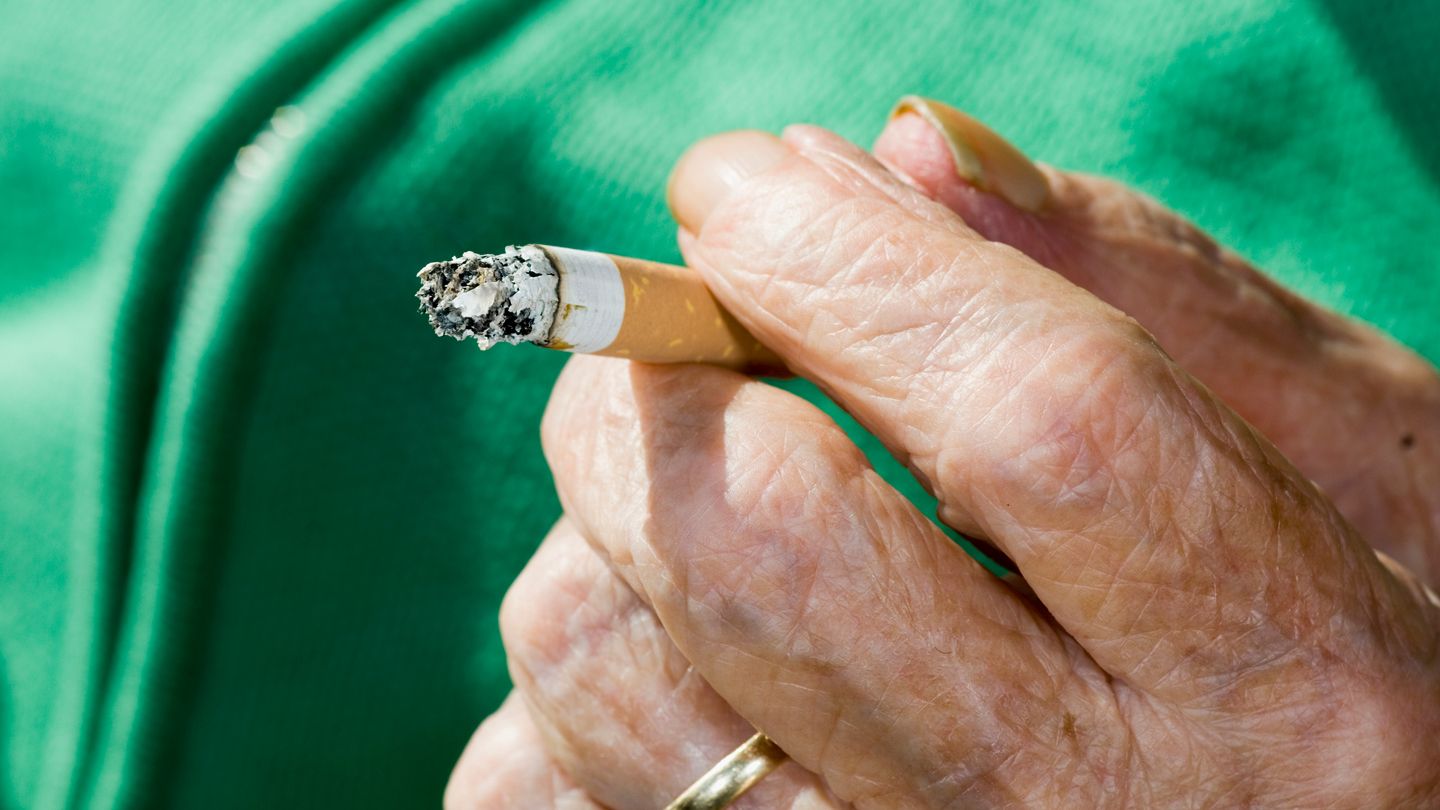Hey there! If you've ever caught a whiff of burnt toast when there's no toaster in sight, you're not alone. It's one of those weird braintricks that can make you pause and wonder, "Is my heart trying to tell me something?" The short answer is: no, it's usually not a heartattack warning. Most of the time it's what doctors call a phantom smell or olfactory hallucination. Butjust because it's rarely a heart emergency doesn't mean you should ignore it. Let's dig into what's really going on, why it happens, and when you should get a professional opinion.
Quick Answer
Seeing a burnttoast scent out of nowhere isn't a sign of an impending heart attack. It's a type of phantom smell that can pop up for a whole bunch of reasons, from a simple sinus infection to a migraine aura, or even a sign of something more serious like a neurological condition. The key is to notice any accompanying symptoms and act accordingly.
Phantom Smell Explained
What is a phantom smell?
Scientists call it phantosmiaa fancy term for smelling something that isn't actually there. It's like hearing a song in your head that no one else is playing. Your brain's olfactory (smell) system fires off a signal, and you perceive an odoroften something sharp and familiar like burnt toast.
How does the brain create a burnttoast odor?
Our nose sends signals to the olfactory bulb, a tiny brain structure that processes smells. When the pathways misfiremaybe because of inflammation, a minor injury, or even stressthe brain can "invent" a scent. It's similar to when you get a visual "afterimage" after staring at a bright light.
Expert insight
According to Mayo Clinic, phantosmia can be harmless, but persistent episodes often warrant a checkup to rule out underlying issues.
Common Triggers
Nasal & sinus issues
Everything from a mild cold to chronic sinusitis can clog the olfactory receptors. Allergies, nasal polyps, and even overuse of nasal sprays sometimes lead to a lingering burnttoast smell.
Neurological causes
Migraines are a big player here. Some people get a "smell aura" before the headache hits, and the odor is usually something sharplike burnt toast or chemicals. Temporallobe seizures can also start with an olfactory hallucination, often described as a sudden, intense scent that fades quickly.
Cardiovascular myths
There's a popular myth that smelling burnt toast signals a heart attack. While a few small studies have noted a modest link between certain cardiac events and olfactory changes, the evidence is weak, and the consensus in cardiology is that the smell alone isn't a reliable warning sign.
Medications & chemicals
Some antibiotics, chemotherapy drugs, and heavymetal exposure (like lead) can impair the olfactory nerves, leading to phantom smells. If you've started a new medication and notice the scent popping up, it's worth mentioning to your doctor.
Psychological factors
Stress, anxiety, and obsessivecompulsive tendencies can amplify sensory perceptions. In fact, a handful of case studies describe people with high anxiety levels who repeatedly "smell" burnt toast during stressful moments.
Emergency Warning Signs
While a phantom smell on its own isn't an emergency, certain accompanying symptoms do demand immediate attention. Keep an eye out for any of the following:
| Possible Underlying Issue | RedFlag Symptoms | When to Call 911 |
|---|---|---|
| Heart attack | Chest pain, shortness of breath, sweating, nausea | Yes any classic heartattack signs |
| Stroke (FAST) | Facial droop, Arm weakness, Speech difficulty, Time to act | Yes sudden neurological deficits |
| Seizure (temporallobe) | Loss of consciousness, Twitching, Confusion after smell | Yes if seizure lasts >5 minutes or repeats |
| Severe infection | High fever, Facial swelling, Severe headache | Yes signs of systemic infection |
If none of these warning signs appear, you're probably dealing with a benign cause. Still, it's smart to get it evaluatedespecially if the smell persists for weeks.
How It's Diagnosed
Medical history & smell diary
First things first: jot down when the smell shows up, how long it lasts, and what you were doing. Note any other symptomsheadaches, congestion, stress levels. This diary becomes a powerful tool for your doctor.
Physical exam & nasal endoscopy
A clinician will peek inside your nose with a tiny camera (endoscope) to check for polyps, inflammation, or blockages that might be irritating the olfactory nerves.
Imaging & lab tests
If the story isn't clear, an MRI or CT scan can spotlight brain lesions, tumors, or sinus abnormalities. Blood work may also screen for infections, vitamin deficiencies, or toxic exposures.
Referral pathway
Often the journey starts with your primarycare doctor, who might send you to an ENT specialist. If neurological signs appear, you'll likely meet a neurologist. In rare cases, a psychiatrist or psychologist can help if anxiety is a major factor.
Treatment Options
Address the root cause
Got a sinus infection? A short course of antibiotics or nasal steroids can clear it up. Allergies? Antihistamines or a nasal saline rinse may do the trick. Migraines? Your neurologist might prescribe triptans or preventative meds. The key is treating what's triggering the phantom smell.
Symptomrelief hacks
- Try a saline nasal rinse twice daily to clear irritants.
- Use a gentle decongestant spray (no longer than a few days).
- Avoid strong odors (cooking fumes, perfumes) that can aggravate the sensation.
- Practice deepbreathing or mindfulness to lower stressrelated triggers.
Therapy for anxietyrelated phantosmia
Cognitivebehavioral therapy (CBT) and exposureresponse prevention (ERP) have helped people who obsess over phantom smells. A therapist can teach you how to reframe the experience and reduce the emotional impact.
Surgical considerations
In extremely rare, stubborn cases, surgeons may remove part of the olfactory epithelium. This is usually a lastditch effort because it can affect your sense of smell.
RealWorld Stories
Maria's "heartattack" panic
Maria, 48, woke up one morning with a strong burnttoast scent. She felt her chest tighten and called an ambulance. Turns out, she had a mild sinus infection and a bit of anxiety. After a short course of antibiotics and a few breathing exercises, the phantom smell vanished.
James's migraine aura
James, 32, a graphic designer, noticed a fleeting burnttoast smell right before his migraines. He learned to recognize it as an aura, which helped him start his migraine medication earlycutting the severity of his attacks in half.
Elaine's neurological journey
Elaine, 61, experienced occasional burnttoast odors accompanied by brief moments of confusion. A neurological workup revealed earlystage temporallobe epilepsy. With medication, the episodes have dramatically decreased, and she no longer worries about phantom smells.
These snapshots show how varied the experience can beand why a personalized approach matters.
Bottom Line
Smelling burnt toast out of nowhere is usually not a heartattack sign. It's most often a harmless phantom smell, or "olfactory hallucination," that can stem from sinus issues, migraines, stress, or less common neurological conditions. However, if you notice any redflag symptomschest pain, sudden weakness, confusion, or loss of consciousnessdon't wait; call emergency services right away.
Here's what you can do now:
- Start a smell diary: note when the scent appears and what else you're feeling.
- Check for accompanying symptoms: headache, nasal congestion, anxiety.
- Schedule a visit with your primarycare providerbring your diary.
- If the smell persists or worsens, be ready to see an ENT or neurologist.
We'd love to hear your story. Have you ever smelled burnt toast when nothing was cooking? How did you handle it? Drop a comment below or share your experience with a friendsometimes just talking it out can ease the worry.
And remember, you're not alone in navigating these odd body signals. With the right info and a little professional guidance, you can keep your sense of smelland peace of mindon track.
FAQs
Can a burnt toast smell be a sign of a heart attack?
No. While some myths link the odor to heart problems, the smell burnt toast alone is not a reliable heart‑attack warning.
What medical conditions commonly cause phantom smells?
Sinus infections, migraines, temporal‑lobe seizures, certain medications, and neurological disorders are among the most frequent causes.
How should I track phantom smell episodes?
Keep a diary noting the time, duration, activities, and any other symptoms such as headache, congestion, or stress.
When should I seek emergency care for a burnt toast smell?
If the odor is accompanied by chest pain, shortness of breath, sudden weakness, confusion, or loss of consciousness, call 911 immediately.
What treatments are available for persistent phantosmia?
Treating the underlying cause—like antibiotics for sinusitis or migraine medication—often resolves the smell. Saline rinses, stress‑reduction techniques, and, in rare cases, surgery may be recommended.
Disclaimer: This article is for informational purposes only and does not constitute medical advice. Always consult with a healthcare professional before starting any new treatment regimen.
Related Coverage
Learn to recognize signs like constant criticism, refusal to compromise, and passive aggression that may indicate you're romantically involved with a difficult woman....
Suffering a heart attack when alone can be frightening. Know the warning signs and how to respond quickly by calling 911, taking aspirin and doing hands-only CPR....
If a heart attack hits, sit or lie with knees bent and head supported. This heart attack position reduces strain and buys vital time....
Wondering if a sudden smell burnt toast means a heart attack? Learn the real causes, when to worry, and how to get proper care....
Continuing to smoke after receiving a coronary stent leads to a higher risk of restenosis, heart attacks, premature stent failure, and death. Quitting improves outcomes....
For heart attack first aid, dial 911, keep them calm, chew a 300 mg aspirin if safe, and prepare for CPR or an AED....





